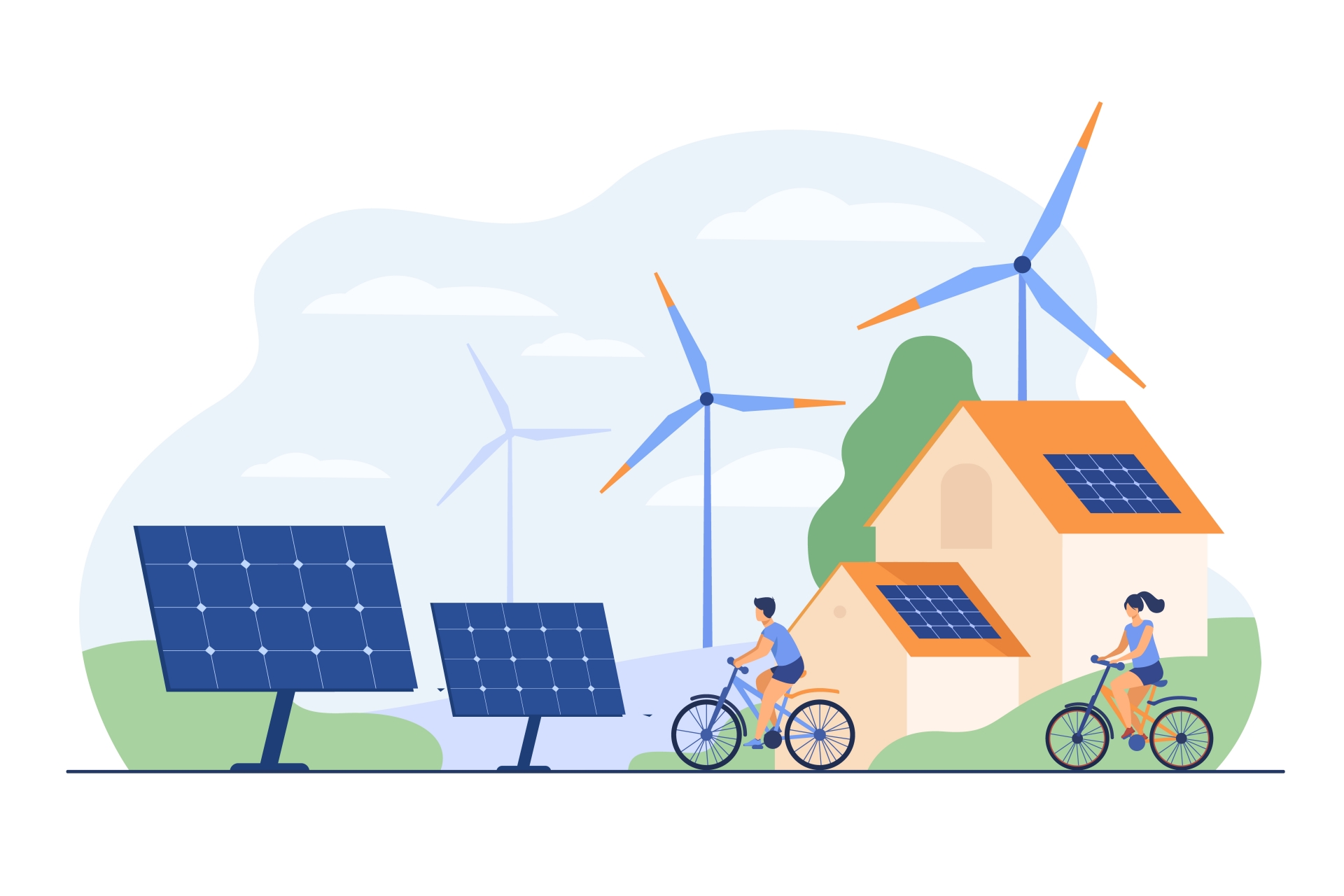IFC provides $100 million loan to OCB to support SMEs and climate-friendly projects
 |
| Green and climate-friendly projects are gaining traction across Vietnam. Photo: freepik.com |
IFC’s investment will help OCB improve its outreach to small- and medium-sized enterprises (SMEs) in Vietnam, which are facing a financing gap of $21 billion, equivalent to 11.2 per cent of the country’s GDP. With IFC’s support, OCB expects to double its SME lending portfolio by 2024 by leveraging its digital banking platform and developing products that cater to the sector’s needs.
Some of the emerging areas that SMEs are seeking financing for include renewable energy, energy efficiency, and climate-smart solutions, which can help them grow sustainably while contributing to reducing greenhouse-gas emissions.
The current share of climate financing – as a percentage of total bank financing – in Vietnam is just about 5 per cent or $10.3 billion and is expected to increase significantly in the coming years. As the country aims to reduce GHG emissions by 9 per cent by 2030 to mitigate climate change impact, this presents a $753 billion climate-smart investment opportunity for Vietnam between 2016 and 2030, according to an IFC study.
To help OCB tap into this huge lending potential, $50 million – half of the IFC funding – will be earmarked for climate-friendly projects, creating new options for businesses to obtain green financing.
“OCB is one of the first banks in Vietnam to integrate environmental and social risks assessment into its credit granting procedure. While we have been implementing green finance since 2015, our priority areas include high-tech agriculture, renewable energy, and climate-friendly projects, among others. IFC’s funding will allow OCB to contribute to the country’s climate goals while further offering preferential green financing for smaller businesses and promoting energy efficiency, improved health for consumers, and sustainable growth,” said Nguyen Dinh Tung, OCB general director.
“While the COVID-19 pandemic has upended lives and economies globally, it also presents a rare opportunity for governments to determine the type of economies they want to rebuild and allocate limited resources accordingly,” said Vivek Pathak, IFC Global director for Climate Business. "Rebuilding with a strategic focus on climate-smart approaches will help create jobs and attract investments while enabling a smooth transition to a low-carbon economic growth trajectory."
While the State Bank of Vietnam has been promoting green banking over the past few years, the climate-finance market is still at a nascent stage and banks are now considering a systematic approach toward climate finance.
“IFC sees banks as a major force in fighting climate change in emerging markets such as Vietnam since they can strategically expand financing for climate-smart initiatives,” said Kyle Kelhofer, IFC country manager for Vietnam, Cambodia, and Lao PDR. “By supporting commercial banks in Vietnam to establish a viable climate-finance portfolio, IFC is facilitating the development of a climate-finance market, attracting international lenders, and further supporting Vietnam’s shift to a low-carbon and resilient growth model.”
IFC’s investment in OCB is part of its ongoing efforts to promote sustainability and responsible financing in the country’s banking sector. With IFC’s support, the State Bank of Vietnam has issued guidelines for credit institutions to incorporate environmental and social risks evaluations into their transactions and increase green lending.
What the stars mean:
★ Poor ★ ★ Promising ★★★ Good ★★★★ Very good ★★★★★ Exceptional
 Tag:
Tag:
Related Contents
Latest News
More News
- $100 million initiative launched to protect forests and boost rural incomes (January 30, 2026 | 15:18)
- Trung Nam-Sideros River consortium wins bid for LNG venture (January 30, 2026 | 11:16)
- Vietnam moves towards market-based fuel management with E10 rollout (January 30, 2026 | 11:10)
- Envision Energy, REE Group partner on 128MW wind projects (January 30, 2026 | 10:58)
- Vingroup consults on carbon credits for electric vehicle charging network (January 28, 2026 | 11:04)
- Bac Ai Pumped Storage Hydropower Plant to enter peak construction phase (January 27, 2026 | 08:00)
- ASEAN could scale up sustainable aviation fuel by 2050 (January 24, 2026 | 10:19)
- 64,000 hectares of sea allocated for offshore wind surveys (January 22, 2026 | 20:23)
- EVN secures financing for Quang Trach II LNG power plant (January 17, 2026 | 15:55)
- PC1 teams up with DENZAI on regional wind projects (January 16, 2026 | 21:18)




























 Mobile Version
Mobile Version